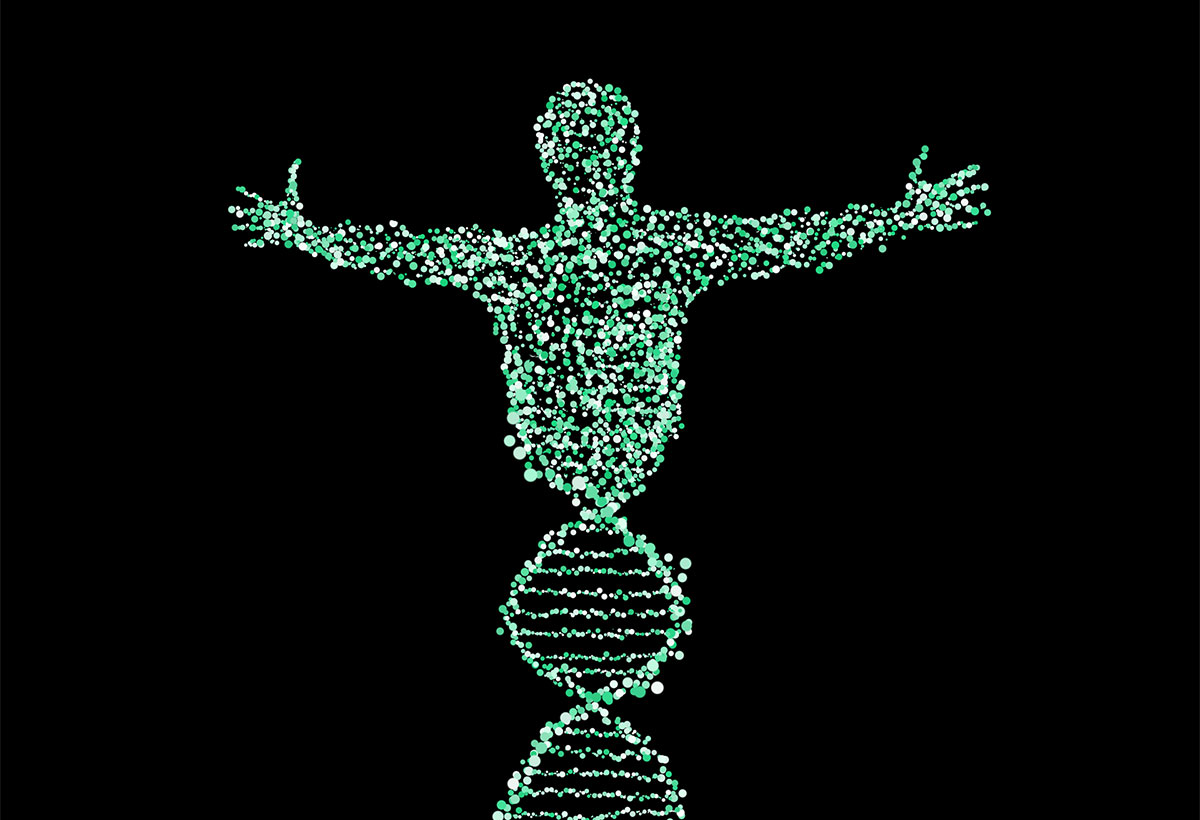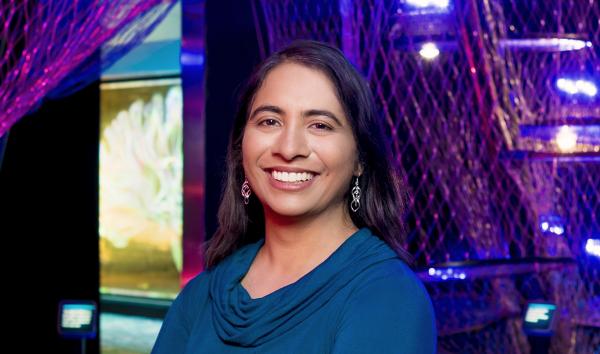
Date:
Maybe you watched the movie Rampage and had nightmares about animals turning into gene-edited monsters. Maybe you saw John Oliver’s recent (hilarious and pretty accurate, albeit NSFW due to adult language) take on the hype vs. reality of CRISPR gene editing. Or, maybe you learned about how CRISPR was discovered as part of an immune system in bacteria from food scientist and 2018 Franklin Institute Awards Laureate Philippe Horvath.
Gene editing and CRISPR are everywhere these days. CRISPR (which stands for Clustered Regularly Interspaced Short Palindromic Repeats) is emerging as a convenient tool that scientists can use to edit the DNA of almost any living thing, including humans. It could potentially be used to cure disease, enhance the human body, or even change DNA for future generations--which raises a lot of big questions. When it comes to human gene editing, how should we use it? What are the risks? Who will be able to afford it? And who gets to decide?
We're still a long way from many of these possibilities becoming real, but as Oliver describes, figuring out where to draw the line is hard when serious science gets mixed up with the wacky science fiction. In 2017, the National Academies of Sciences and Medicine recommended that human gene editing on inheritable traits should be considered as a “realistic possibility that deserves serious consideration,” but only with stringent precautions and public participation in discussions on what should, and shouldn't, be allowed.
That's why this summer, The Franklin Institute is hosting a community forum called “Editing Our Evolution” on the future and ethics of gene editing--one of over 20 such forums around the country. These unique opportunities give public audiences a chance to help guide the future of this groundbreaking technology. Not only are local scientists at the table listening to voices from their communities, the outcomes of the forums will be reported back to the National Science Foundation and other stakeholders who will shape public policy as the science advances.
Find out more about The Franklin Institute’s upcoming event on July 28. (If you’re a scientist in gene editing or a related field, register to participate here.)


